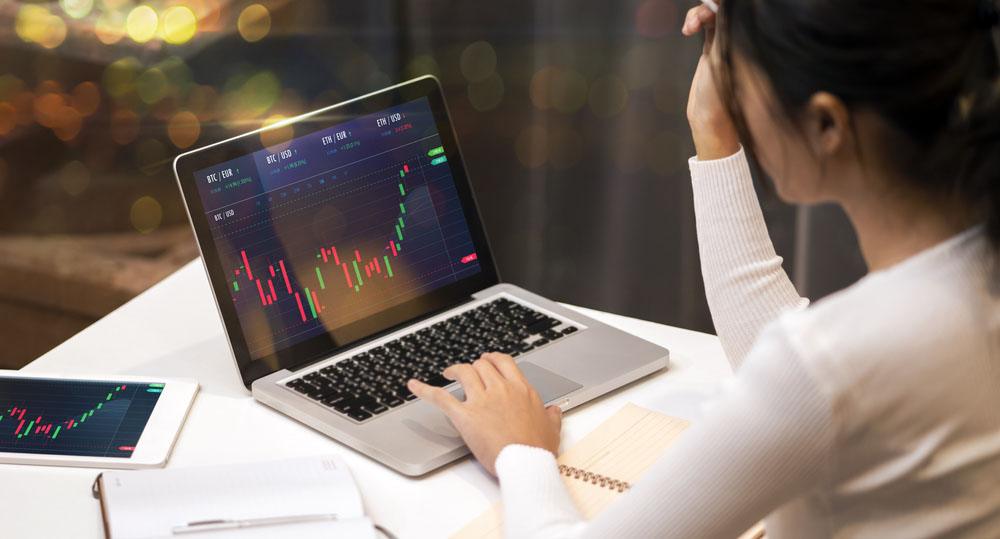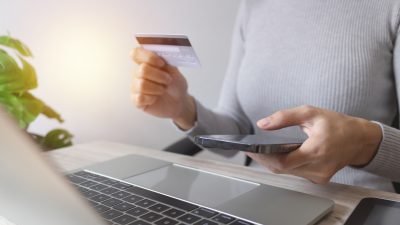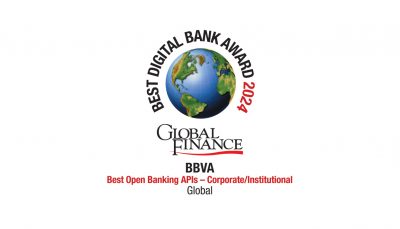The foreign exchange (Forex) market is the world’s largest financial market. This market trades in the exchange rates of the entire planet through decentralized market mechanisms; this is where the value of each currency is traded. But what is a foreign currency and how is it different from a domestic currency? How and why was Forex created? What adds “value” to a domestic currency today?
Before continuing, key concepts to understand Forex
What is a foreign currency and what differentiates it from a domestic currency?
To understand the foreign exchange market it is first essential to understand what a foreign currency is. According to the Spanish Royal Academy (RAE), foreign currency is a “foreign currency referring to the unit of the country in question.” Broadly speaking, the term “foreign currency” is used to refer to any foreign currency other than the legal tender in a certain country. Foreign currency is the currency of another region.
In Spain, where the legal tender is the euro, the US dollar, the Chinese renminbi or the UK pound sterling are examples of foreign currencies. However, for the United States, China or the United Kingdom, the dollar, the renminbi or the pound are considered simply local “currency”. For these regions, the euro is a foreign currency.
Every country in the world has one or more official local currencies, sometimes pegged to foreign currencies. This is known as the ‘fixed exchange rate’, and it is the policy followed by countries such as the United Arab Emirates, with a dirham linked to the US dollar, or the Danish krone, which was linked to the German mark at the time and is now linked to the euro. Knowing this is decisive in the world of open banking and its advances.
What is foreign currency exchange and what is currency exchange?
The Bank of Spain made a key division to understand currency exchange versus foreign currency exchange. While currency exchange is any transaction in which an asset goes from expressing itself in one currency to doing so in another, foreign currency exchange entails a change in currency when a payment or credit is made.
An example of the former is to go to an Exchange (bureau de change) just after landing in London from Spain to exchange euros for pounds is a currency exchange. One currency is exchanged for another currency.
Conversely, when you pay in a London restaurant using your European card (which is associated with an account in euros) and the establishment receives the payment in pounds, we talk about a foreign currency exchange. This is where the foreign exchange market comes into play.
The foreign exchange market, abbreviated as Forex, which comes from the term Foreign Exchange, was created to facilitate these exchanges.
What is Forex or Foreign Exchange?
Forex is the decentralized and unregulated market that enables the bilateral exchange of currencies for others.
Forex completely changed the concept of domestic currency and foreign currency. In 2019, about 6.6 trillion US dollars were traded per day compared to 0.005 trillion (500 billion, more than a thousand times less) traded in 1988. Today, the foreign exchange market is the largest financial market in the world.
Its beginnings date back to 1875, when the gold standard was established. At that time, the value of countries’ currencies depended on their relationship to gold. However, this system had several problems such as the instability of the value of gold and the need for banks to maintain reserves in the metal. To address this situation, the bimetallic standard was introduced, which combined gold and silver to give greater stability to the value of coins.
Then came the Bretton Woods Agreement that changed the International Monetary System again: Gold was replaced by the US dollar as the main reference. However, the depreciation of the dollar in the 1960s led to the introduction of the floating exchange market in which currencies fluctuate according to market supply and demand. This system has defined the current forex market.
Advantages and Risks of Trading in the Forex Market
The Forex market offers a number of benefits such as high liquidity, time flexibility, leverage and transparency. These are its main advantages:
- Market liquidity: Forex is constantly traded. This liquidity occurs especially when the main markets are open, so there are always participants willing to trade, especially in the most traded currencies.
- A global market accessible 24 hours a day: Being a global market, it is open 24 hours a day. This allows us to trade at any time, although liquidity and volatility are constantly changing.
- Low operating costs: Transaction costs in this market are lower than those of trading derivatives and other assets due to its OTC (over the counter) nature compared to other assets such as stock market shares.
- Transparency: It is the most liquid market and where large volumes of capital are moved, which makes it very difficult to manipulate. It ensures greater transparency.
- Leverage: The Forex market allows you to leverage, trade with more capital and generate higher profits or losses. Thus, you can start operating in it with little capital.
- Complementary tools: To facilitate Forex trading, it is possible to use tools such as FX API, with which to carry out spot and forward currency transactions and integrate them into back-office systems.
Likewise, the Forex market also entails some risks such as the following:
- Volatility: The market experiences rapid and significant movements, this is what is known as volatility. This may be due, among other factors, to:
- Emotional factors: Emotions influence the market, both when trading and when deciding to close a trade. Some emotions that can cause risks are fear, greed and lack of patience, among others.
- Political Events: Political decisions and changes impact the market, since currencies are influenced by the economic policies of countries. Thus, a change of government can have a positive or negative impact on a currency.
- Technical and platform failures: Technology is essential in the foreign exchange market, but it can also have technical glitches and interfere with trades, causing financial losses.
Who operates in the Forex market?
The foreign exchange market is distinguished by the wide variety of participants, from central banks to private individuals. These are the main players operating:
- Governments and Central Banks: they are the monetary authority of the countries they represent. Their main responsibilities include issuing legal tender and the design of monetary policy
- Multinational companies: These players will often need to have foreign currency to import and export without hindrance. To do so, they can use tools to automate their currencies.
- Commercial banks: These act on their own account or on behalf of their customers’ interests. Thus, these operators are engaged in trading in the financial markets.
- Retail and individual traders: Parties who trade with their own personal capital in the Forex and their participation has made this market more visible to the general public. Retail traders seek to profit by following the actions of the major market participants, who are the market movers.
How does the forex market work?
The foreign exchange market operates globally so that banks may be able to buy and sell different currencies depending on the exchange rate.
For example, you can buy 5 million pounds sterling today paying in euros, and sell it in a week’s time at a profit when the euro loses relative value.
All Forex currencies are identified with an ISO4217 code, and each currency pair is represented with a combination of six letters. For example, EUR/GBP. The ‘major currency’ pairs are those with the highest trading volume, and are the US dollar (USD) paired with: The British pound (GBP), the euro (EUR), the Japanese yen, etc.
In addition, there are several interesting exchange groups. “Commodity pairs” are those affected by commodities such as gold, oil, silver; these include NZD/USD, CAD/USD and AUD/USD. The market is also usually divided between transactions without brokers (direct participants) or individual transactions (indirect participations); as a consequence, the party involved is important.
In recent years, thanks to tools such as APIs, banks such as BBVA (historically, direct participants) have given indirect participants (such as SMEs) the possibility of entering Forex in a simple way, automated manner with integration into their ERP.











